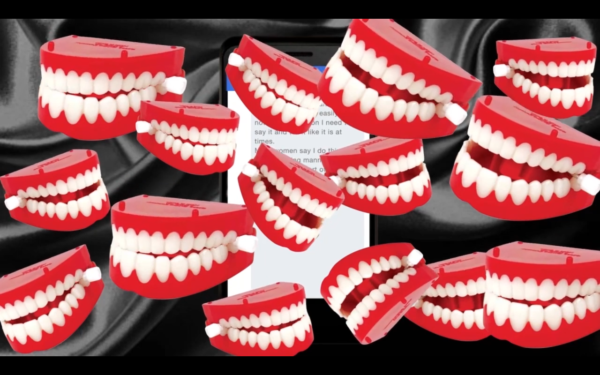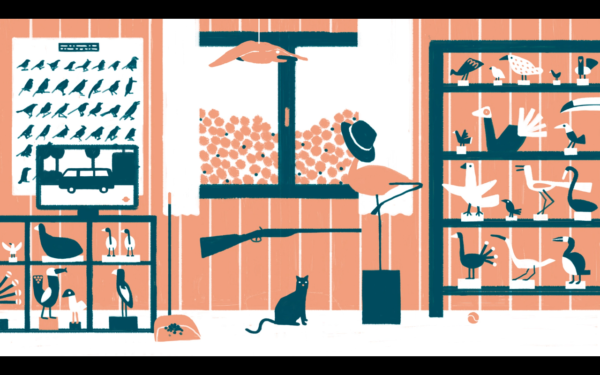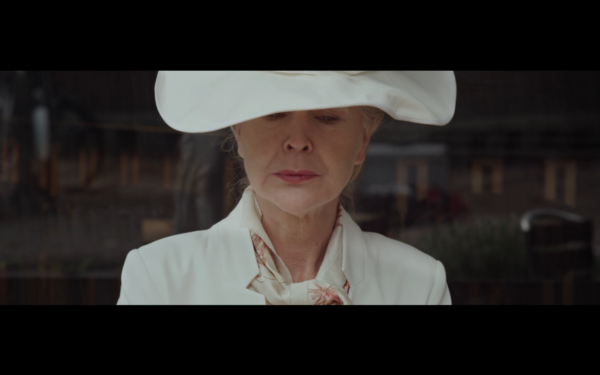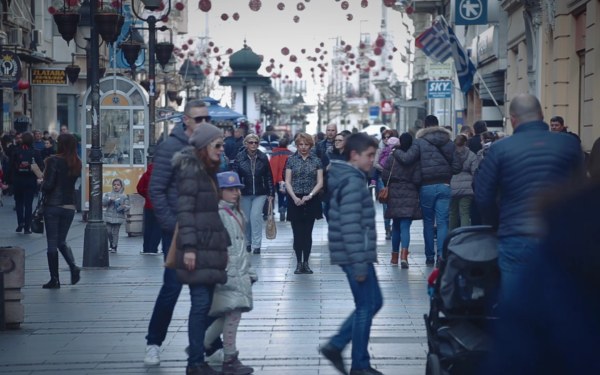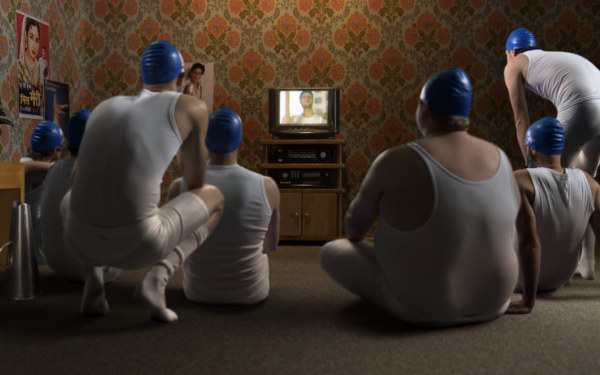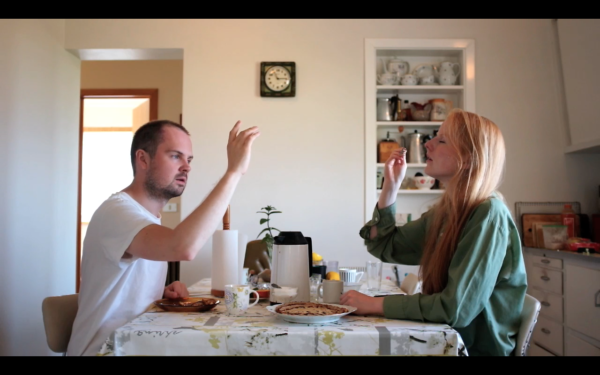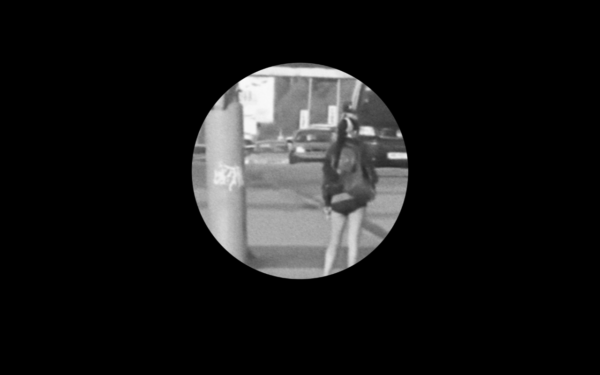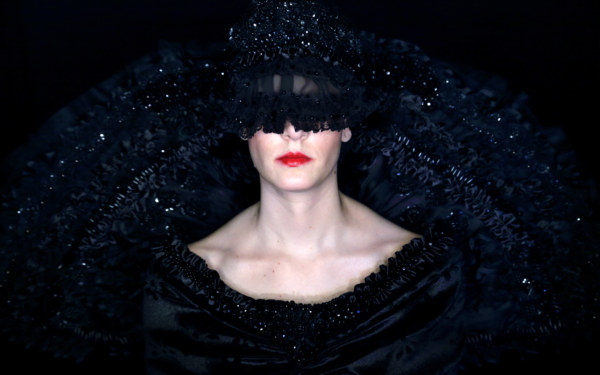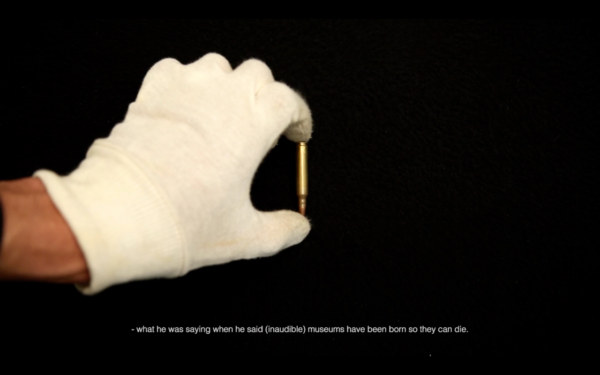/ˈstɛrʌɪl/
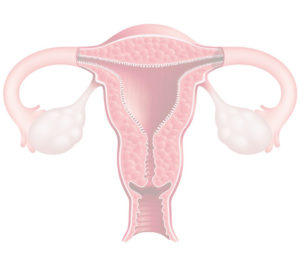
A contribution by Wafaa Wali
sterile (comparative more sterile, superlative most sterile)
- (not comparable) Unable to reproduce (or procreate).
- Unprofitable.
- Germless; free from all living or viable microorganisms. a sterile kitchen table
Synonyms[edit]
(unable to procreate): barren, infertile
/pɑːspɔːt/
The earliest “pass-port” we know of was an official letter issued in 450 BC by King Artaxerxes of Persia. The letter is addressed to “governors beyond the river” to allow one of his officials to pass safely through their territory.
King Louis XIV of France introduced a “request of travel document in Europe. One hundred years later, all European countries had created a system issuing passports to those who wanted to travel. However, with the creation of the rail system in the 19th century, the system fell apart because it could not accommodate the number of people who wanted to travel. Only after the Great War were a system pass-ports introduced again for security reasons.
/stɛrɪlaɪˈzeɪʃən/
Sterilization of medical instruments became the norm towards the end of 19th century Europe. Ethylene Oxide is said to be the most efficient sterilizing chemical as it does not react with the materials that medical utensils are made me, including plastic and substances affected by high temperatures
/Kairau/
Downtown Cairo was established under the auspices of Khedive Ismail to herald a new era of modernization in Egypt. The khedive, keen on presenting the new model of Egypt invited Haussman, the architect who had designed downtown Paris, to replicate the design in Cairo. The outcome was an urban modernist design that revolves around creating multiple squares with wide avenues that intersect with one another.
The new downtown ushered a new epoch in the life of Egyptians. Foreign communities built schools and hospitals to serve their needs. Fortunately, they allowed some Egyptian children into their schools thus ensuring the creation of a Western educated middle class. Shops that sell the last Parisian fashions opened their doors to meet the needs of the newly formed class of Egyptians.
The Love Song of J. Alfred Prufrock by T.S. Eliot
| “For I have known them all already, known them all: | |
| Have known the evenings, mornings, afternoons, | |
| I have measured out my life with coffee spoons; | |
| I know the voices dying with a dying fall | |
| Beneath the music from a farther room. | |
| So how should I presume?” |



